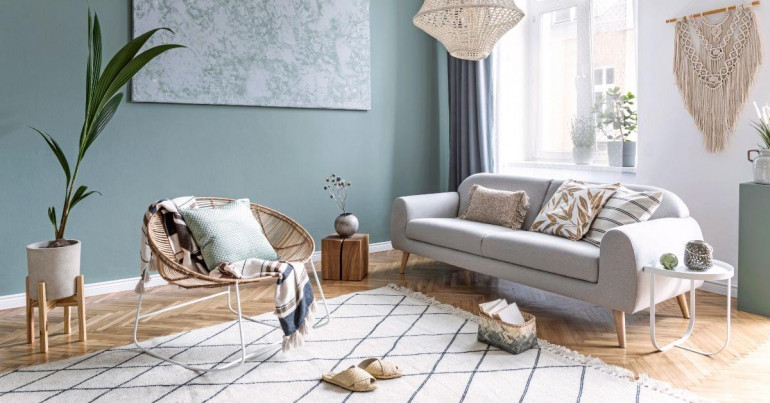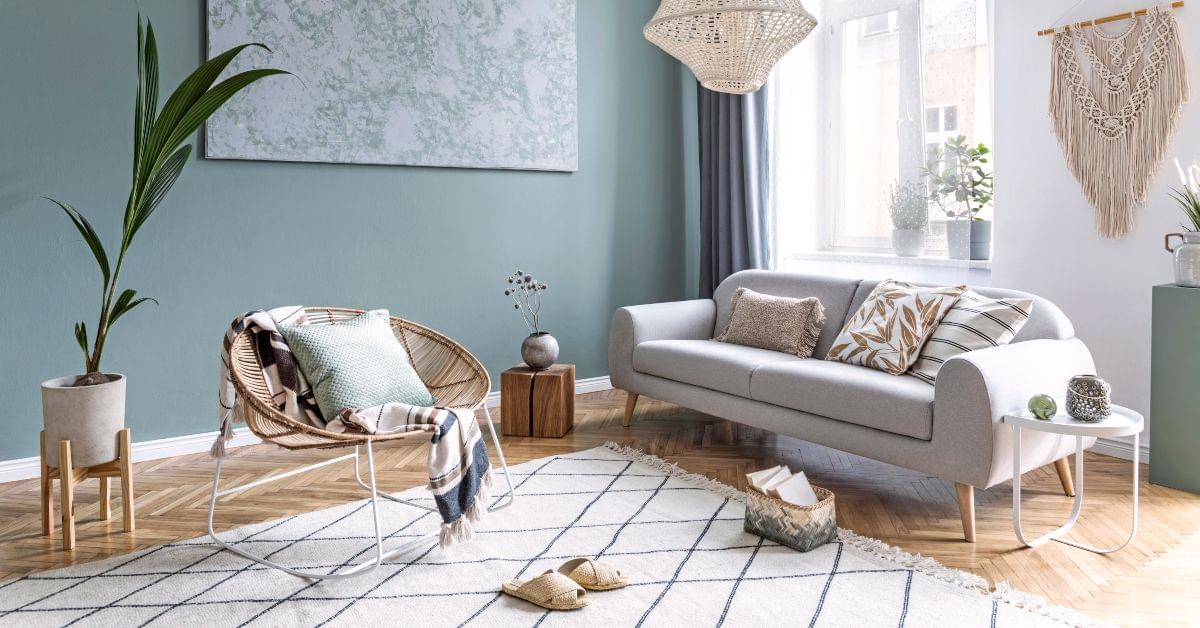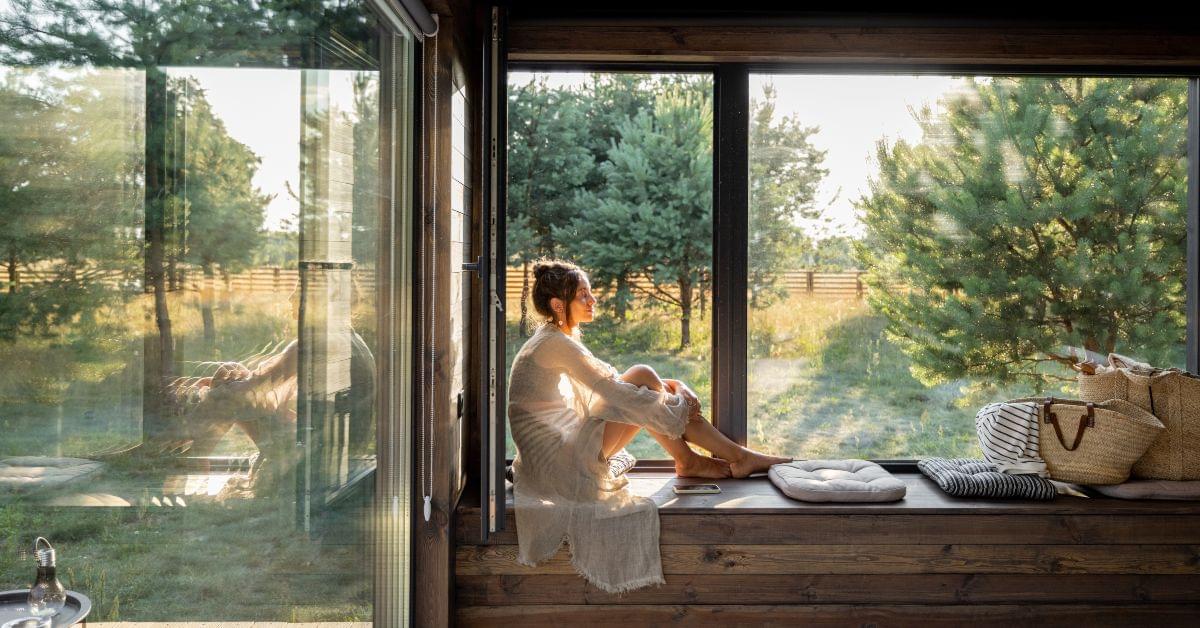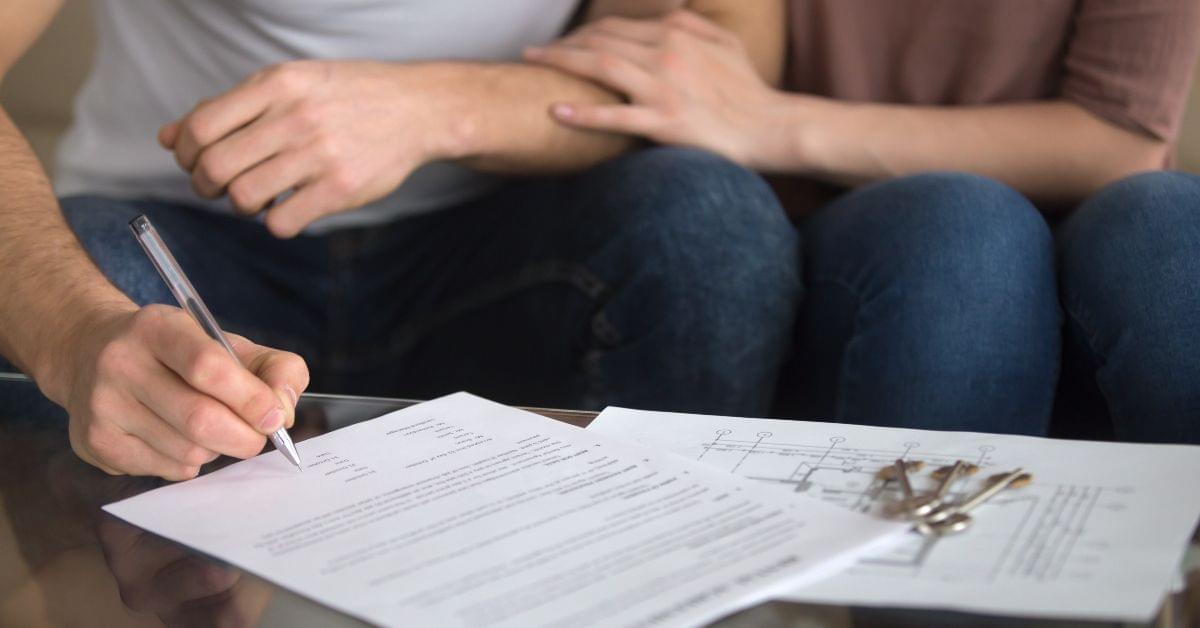
When you first purchase a home abroad, it feels like a dream come true. After all the hard work of saving money and searching for properties, you finally have the home in the sun (or the snow!) that you’ve always talked about. But when the time comes to leave your home abroad, even for a short time, many homeowners have feelings of anxiety.
After working so hard to secure the home of your dreams, the thought of leaving it empty – whether for a short or long time – can be stressful. For homeowners who like to travel, or split their time between two or more countries, hiring a house sitter is a great way to have peace of mind while you’re away.
But when you’re opening your home to somebody, it’s important to hire the right person. There’s a wide community of international house sitters who are professional, trustworthy, and great at their jobs. But how do you find the perfect house sitter for your home?
In this article, we’ve included advice from international property management experts about whether hiring a house sitter is the best choice for you, and how to find one with the right qualifications and attitude for the job at hand.

The benefits of hiring a house sitter
To begin with, you may be wondering: is it really necessary for me to hire a house sitter? While the initial expense of a house sitter may appear high, many homeowners find that the service they provide is well worth the cost. Below are just some of the reasons that people choose to hire house sitters, and love having them:
- Insurance. Most home insurance companies only provide cover if your home is left empty for no more than 60 days per year. You can purchase unoccupied home insurance for longer periods, but the premiums can be much higher.
Hiring a house sitter means that you should still be able to keep your standard home insurance policy, as the house will be occupied during the periods of time you are away. Be sure to check the terms of your policy agreement, however, as you may need to add your house sitter’s details to your policy. - Security and peace of mind. Unfortunately, there are a number of criminals who keep an eye out for empty houses. They are common targets for burglars, as there will be nobody to catch the criminals in the act, and it typically takes longer for the crime to be reported. At this point, the thieves could have had hours or even days to cover their tracks.
Many homeowners find comfort in the fact that their home won’t be left unoccupied, and that the ongoing hum of human activity will deter any opportunistic criminals from seeing the home as ‘easy pickings’. - Cleaning and maintenance. As well as ensuring the property remains occupied, house sitters will often take on the responsibility of maintaining the property. This can include tasks like watering your plants, cutting your grass, and keeping the place clean and dusted.
Many homeowners who hire house sitters enjoy returning to a house that has been well-kept, rather than an overgrown garden and dusty kitchen counters. Just make sure that any maintenance tasks are agreed well in advance, so your house sitter knows what is expected of them. - Caring for pets. While travelling, many people feel guilty when they have to place their beloved pets in a kennel, or cattery. Although these businesses do a great job caring for animals, some pets benefit from being able to stay in their usual environment.
A lot of international house sitters are experienced pet sitters as well, and can provide your pets with playtime, companionship and regular walks, on top of keeping them well-fed and watered. House sitters can also provide updates on how your pets are doing, and some fun pet selfies to stop you from missing them too much!
As you can see, there are so many benefits to hiring an international house sitter. Whether you’re flying back to your home country to visit family and friends, or just taking a well-deserved holiday, knowing there’s somebody at home taking care of your plants, pets, and cleaning can be a huge weight off your mind.
Where can I find an international house sitter?
When it comes to finding an international house sitter, it’s easier than ever to connect with house sitters – both locally, and across the globe.
If you’d prefer to find somebody local and to help create opportunities in your community, then placing adverts on community notice boards or in the local newspaper can be a great starting point.
Or, if you happen to have other friends who live locally and are also expats, it’s worth asking if they have any experience hiring house-sitters or can recommend somebody. A recommendation from somebody you trust is a great way to find trustworthy house sitters, with a good track record of caring for other people’s homes.
Another option is to speak to a house sitting agency. This can be done locally, and normally means the house sitters are experienced and professional enough to have been hired by the agency. Agencies also tend to have their own vetting policies, requiring ID and proof of previous employment before adding a house sitter to their books.
If there are no house sitting agencies nearby, then don’t worry. There are thousands of house sitters that advertise their services online via websites like MindMyHouse. With a catalogue of verified house sitters from across the globe, you can choose your ideal candidate to watch your home while you’re away.
Safety Tip: However you find your house sitter, whether online or from an agency, always check their references thoroughly. You are trusting this person to stay in your home, so if there is anything about them that makes you feel uneasy, it’s your right as an employer to call up their references and make sure that everything they say in their application is true.

5 Interview questions for international house sitters
Once you’ve received a promising-looking application, it’s important to conduct an interview with your potential house sitter. This is a critical step to ensure that they understand the responsibilities of the job, and that you are satisfied that they are a responsible and trustworthy person.
1. What is your previous house sitting experience, and what tasks were you expected to complete at those placements?
This will open up the conversation around what this house sitting placement would involve, and help you to understand the types of responsibilities they have taken on before. If the placement involves pet-sitting, it’s preferable that they have had experience caring for animals in the past. The same goes for tasks like cleaning, garden maintenance, or basic repairs.
2. What qualities do you have that make you a good house sitter?
This question should give you a better understanding of the house sitter as a person. Are they conscientious? Are they very tidy? Don’t be afraid to ask for examples of times they have shown these personality traits.
For instance, if they say that they like to keep things neat and tidy, and their previous employers have said the house was in a better state on their return than when they left, this is a good sign. And if they have been asked back by a previous employer, that’s an even better one!
3. Why did you choose to begin house sitting?
There are many reasons that people are drawn to international house sitting. The opportunity to travel and see other places, for instance, or to earn extra money towards a future goal. It’s best to understand an individual’s motivations before hiring them, and it will also give them the chance to discuss why they would be a good fit for the role, over other potential candidates.
4. Do you have any other jobs or pursuits that you’d be doing alongside this role?
Bear in mind, it isn’t necessarily a drawback if the answer to this question is ‘yes’! Many house sitters are students or creative professionals, choosing to pursue a digital nomad lifestyle. This could mean that they study or work remotely, whilst taking on part-time roles that include accommodation.
If you expect house sitting at your home to be a full-time job, then it probably wouldn’t be suitable for somebody with a part-time job, or who was hoping to study while house sitting. However, if you only require minimal pet care or maintenance of your property, there’s no reason they shouldn’t have other pursuits while working as a house sitter for you.
As long as they can complete the tasks required, this can be a highly beneficial arrangement for both parties. It can also be a positive sign that they are a driven, motivated individual with passions outside of house sitting and travel.
5. Do you have contact details for your references?
As mentioned above, it is essential that you follow up on any references your prospective house sitter provides you with. Giving somebody access to your home means that you’re trusting them to act ethically and treat your belongings with respect. Use all the information at your disposal, so that you can make a judgement on whether you think this person will look after your home.

5 Things to make clear in your international house sitter contract
If their interview is successful, and you’re happy for this person to house sit for you, the next thing you need to do is draw up a contract of employment. This agreement will be for your protection, as well as theirs, and will serve as proof of the terms of employment and what is expected of them.
You can find and print sample contracts online, but make sure to read them carefully and make any changes you need prior to signing. MindMyHouse has some sample house sitter contracts available on their site. If you are able, you should have your legal counsel or solicitor look over the contracts beforehand, and have somebody present to witness the signing of the contract.
Be sure that your contract includes:
1. The house rules
For instance, whether they will be permitted to smoke or drink on the premises, what rooms they have access to, and what amenities they can use.
2. Expectations of the work that will be completed
Be very clear about how often you expect pets to be walked and fed, the house to be cleaned, or the lawn to be mowed.
3. The terms of their stay
Include a clear start date and end date of their employment and accommodation. This gives you security in the very unlikely event that they do not leave at the agreed time. And be clear on how much time they can spend away from the house – for instance, whether they could spend one night a week elsewhere, or if they are required to sleep at the property every night.
4. The policy on having visitors to the house
Another thing to make clear is whether you would be comfortable with your house sitter having visitors at the house. It may be that you are comfortable with daytime visits, but would prefer not to have anybody spend the night. However, if you don’t want any unknown visitors in your home, this is perfectly understandable, and should be included in the house sitting agreement.
5. Who is responsible for damages
Although some wear and tear is typical when a person is living in your home, it is wise to protect yourself and your property by laying out certain expectations in the contract. Providing the house sitter with an inventory of furniture and items in the home will help them to take care of those items, and will protect you in the event that anything is broken or missing on your return.
Some homeowners also require a security deposit from the house sitter, which will be returned as long as the house is kept in reasonably good condition. This offers the homeowner some protection in case there is broken furniture or damage to the house, which is due to the house sitter’s actions.
While we’re confident that through careful interviewing and selection, you will have no issues with your house sitter, a contract will protect you both in the event of any disagreements about wages, the scope of the job, and how the house sitter should treat your home while they are living there.
How do I prepare my home for house sitting?
Once your house sitting agreement is in place, has been signed by both parties, and they have a start and end date for their stay, you’re just about ready to go!
There normally isn’t a lot that you’ll need to do before your house sitter arrives. However, there are some things you may like to do to welcome them to your home, and ensure their stay goes smoothly for both of you. We’ve put together some tips for first time employers that we hope will help you to feel more confident about the moment your house sitter arrives.
Preparing your home
- Clean your home thoroughly, or book a visit from a professional cleaner. Even if you have agreed that the house sitter will take on cleaning duties, it’s courteous to make sure that everything is reasonably clean and tidy when they arrive. Tidy counters, a thorough hoover, and clean sheets and towels, are what’s typically expected of homeowners.
- Ensure that any important documents (bank statements, bills, items with identifying information) are stored safely away in a locked filing cabinet, or a safe if you have one. This will protect you from identity theft or fraud.
- Likewise, make sure that any valuables are stored away safely in the event of a break-in. Locked drawers or a small safe are best, and certainly don’t leave them out within view of any passers-by. Even with your house sitter, there is still a risk that somebody may break in when they are out shopping.
Welcoming your house sitter
- Point them in the direction of everything they need. It’s ideal to do this in person, but if you aren’t available to greet them on their arrival, writing out a guide with everything they require can be just as good.
Remember to include things like your contact details, numbers for emergency services, and details of a plumber or handyman they can contact in case of a leak or power outage. And of course, the Wi-Fi password! - Although it may have been discussed beforehand that your house sitter will buy their own food, stocking up on things like tea, coffee, and biscuits can be a nice touch before they have a chance to go to the supermarket for the first time.
- You may like to take it one step further, and leave a welcome gift for your house sitter. Whilst by no means a requirement, something like a handwritten card or a bottle of wine can go a long way to making somebody feel at home.
Remember that some house sitters are students or first-time travellers, so any small comfort items you can share are sure to be appreciated. Some other ideas could be a guidebook for the nearest town, or a vase of flowers to brighten things up when they arrive. It’s completely up to you.
We hope this article has been useful and has given you an idea of where to start when hiring an international house sitter. If you are interested in purchasing a property abroad, you may also enjoy our 2022 update about buying property in Europe after Brexit. This article lists the utmost popular EU countries that people prefer to buy property in, and how you can do this as a non-EU citizen.
You may also like to see which services CurrencyTransfer have to offer that will help you to invest in international properties. You can get better rates on your international payments, with live quotes and speedy fund transfers. Visit our page relating to buying and maintaining property overseas to find out more and for more expert articles, feel free to visit the CurrencyTransfer blog for all the latest news in international finance.
Florence Couëdel
Editor



